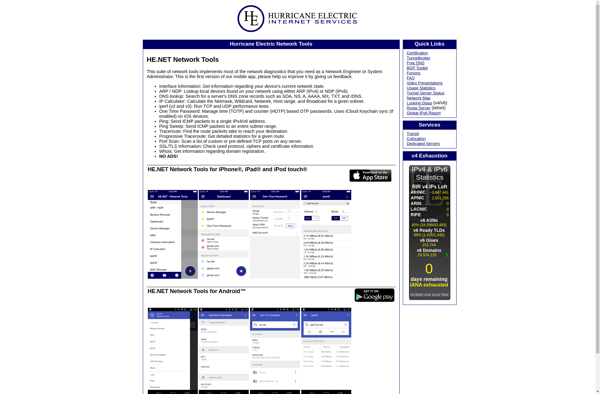Wehe

Wehe: Open-Source Browser for Online Discrimination Detection
Find out how Wehe fights online discrimination, differential pricing, and performance degradation with its customized web browser comparison feature.
What is Wehe?
Wehe is an open-source mobile app and platform developed by researchers at Northeastern University and the University of Massachusetts Amherst to detect and measure discriminatory practices by internet service providers (ISPs).
Wehe allows users to compare the internet traffic and performance they receive under different conditions to uncover potential instances of discrimination or intentional throttling. It works by setting up multiple user profiles within the app, each signing into the same services but under different experimental conditions.
For example, one profile may appear to be from a low-income household on a budget data plan, while another seems to be a high-revenue customer with premium internet access. By comparing the performance and traffic patterns between these profiles, Wehe can highlight cases where ISPs may be limiting speeds, deprioritizing traffic, imposing data caps, zero rating certain services, or otherwise discriminating.
Beyond performance measurements, Wehe incorporates customized analysis modules that can detect more subtle differential treatment, such as variations in ad delivery, search result rankings, and recommendations. The goal is to thoroughly audit what internet users see through their ISP across a range of parameters.
As an open platform, Wehe allows researchers and consumers to build their own tests as well. Data and results can be collected through crowdsourcing and summarized into reports to shine a light on non-neutral network activity. By decentralizing this detection capability, Wehe aims to promote transparency and accountability surrounding internet access.
Wehe Features
Features
- Detects throttling, blocking and discrimination by ISPs
- Measures speed and performance of websites and services
- Open source app and platform
- Customizable tests and experiment settings
- User-friendly interface
- Available on Android and desktop browsers
Pricing
- Free
- Open Source
Pros
Cons
Reviews & Ratings
Login to ReviewThe Best Wehe Alternatives
Top Security & Privacy and Privacy Tools and other similar apps like Wehe
HE.NET Network Tools

Open Nettest
